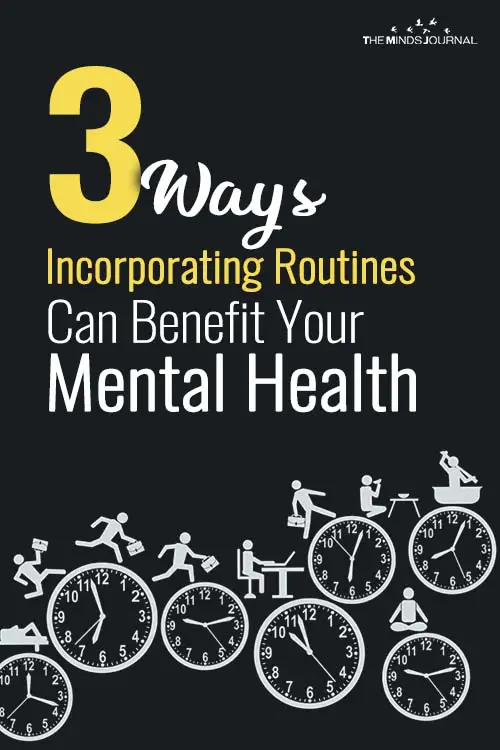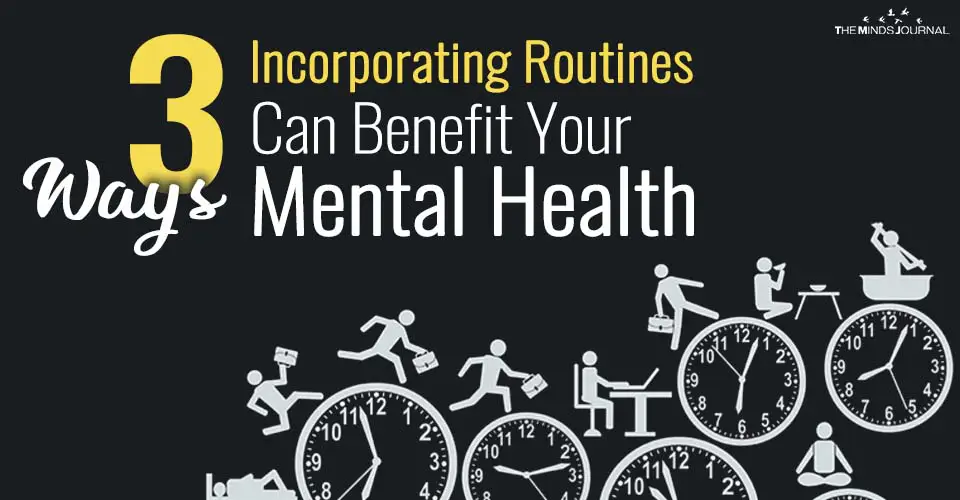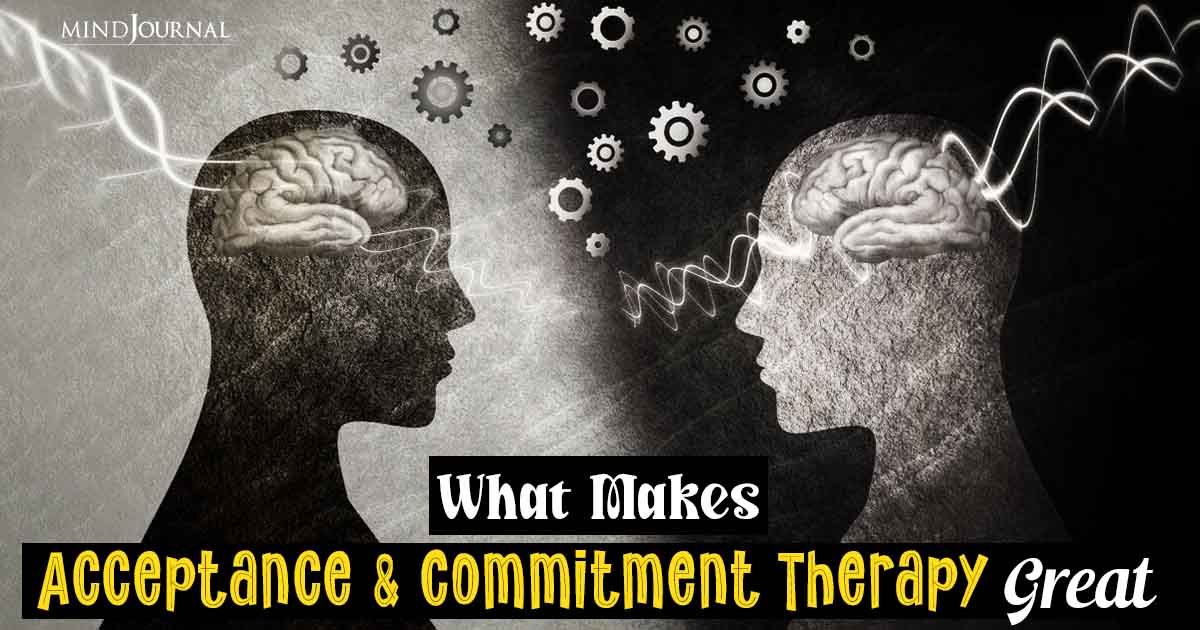How embracing routines can benefit your mental health
Being spontaneous is fun, no doubt about that, but routines can benefit your mental health, which is imperative for a healthy mind.
“It takes as much energy to wish as it does to plan.” – Eleanor Roosevelt
I’ve always considered myself an organized person. One who likes to know plans well in advance and favors routines over casual spontaneity. As with anything in life, it has taken me some time to learn how to identify the correct way to balance this. To learn how to accept and welcome changes, but also honor that part of me that’s more organized.
A year ago, I participated in a public speaking event where I spoke about the relationship between side hustles and millennials. I decided to share a bit of my personal experience and how I stumbled upon my own side-hustles. The abrupt change that is going from having your eight-hour working day planned out for you to design a new work life. It was an interesting process, to say the least.
At the event, I spoke about my personal experience with this shift. At first, all was well: I was able to sleep in if I wanted, binge-watch as many shows as I wanted, and I quickly embraced this “vacation mindset.” However, slowly and almost imperceptibly, I started to fall into what I like to call a “procrastination vortex.” One in which I was quickly losing contact with myself, my passions, and motivations.
Feeling as though you’re falling down the procrastination vortex is no fun. In retrospect, though, I can appreciate how my freelance writing career and the pursuit of my multi-passionate career might’ve not been possible if it were not for this small procrastination crisis. Maybe, if it hadn’t been for this, I would’ve never been able to discover just how powerful my routines are for my mental health.
The science behind the connection between routines and mental health
The importance of mental health has been associated with a variety of mental health conditions, including bipolar disorder, addiction, depression, among others. The reason behind this is that when we organize ourselves and know what to expect, it’s easier to actively work towards counteracting the thoughts and symptoms of any of the aforementioned mental health conditions.
A study published in The Lancet Psychiatry found that people who favor an active daytime routine over a nighttime one have healthier sleeping cycles. These, consequently, are associated with better mental health and minimize the risk of developing emotional difficulties. Those with an interrupted sleep cycle, on the contrary, have a higher predisposition to manifest mental health difficulties.
Another study published in the Journal of Abnormal Child Psychology found that family routines help to moderate impulsiveness and oppositional symptoms and traits in children. This is not surprising when we understand that routines protect and help children feel safer, because they know what to expect.
How to incorporate routines in your daily life
Routines can be incorporated seamlessly into your daily life at different levels or aspects: on a personal level, a relationship level, and/or a professional level.
1. On a personal level:
Think about what activities you engage in on a daily basis. This could mean giving yourself 15-20 minutes a day to enjoy your cup of coffee while watching the news (or soap opera, I don’t judge!). Making yourself a green smoothie in the morning to kick off the day on the right note. Or carving out 30 minutes a day to exercise. Or giving yourself some time before bed to read your current book. Whatever you choose today, make sure you take the time to nurture yourself (whether it’s physically, mentally, or emotionally) on a daily basis.
2. On a relationship level:
Think about which activities or small things you can do to connect with others. It can be a romantic partner, family member, or with a friend on a social level. Make time to talk to someone and hear about their day. Or make a family meal, have a game night once a week, or ride bikes as a family on Sundays. Or go on an outing with friends to decompress and relieve some stress.
3. On a career/work level:
It doesn’t necessarily have to be something to climb up the corporate ladder. It can be something to dig deeper into your professional dreams and goals. Maybe read a book once a month about something in your field of work. Or subscribe to a newsletter that’s connected to what you do. Or check LinkedIn once a week and read an interesting article. Or simply network and connect with your colleagues every once in a while to discuss the challenges and opportunities in your professional field.
The important thing is to incorporate something in one (or all) of these areas and make it something you can aspire to or get inspired to accomplish. Whatever it is you’ve read that you’d like to include in your daily life, make sure you write it down right now. In a notebook, planner, or your own cellphone. Because, if you’re anything like me, you know that there’s nothing quite as rewarding as checking something off your to-do list.
Do you have a routine? Do you feel it has made a positive impact on your mental health? Leave a comment down below with your experience.
Written by Mariana Plata
Originally appeared on Psychology Today
Taking care of your mental health doesn’t take a lot of effort if you come to think of it. You just have to be a bit organized and follow a light routine. Since routines can help benefit your mental health, why not try it out and see the magic for yourself?
If you want to know more about how routines can benefit your mental health, watch this video below:
You may also like:
Our Brains on Smartphones, (Un)social media, and Our Mental Health
Diet & Depression: 6 Ways Food Impacts Your Mental Health
Top 5 Mental Health Apps That Will Make You Happier In Life
Gut Health & Mental Health: Understanding The Gut-Brain Connection









Leave a Reply
You must be logged in to post a comment.